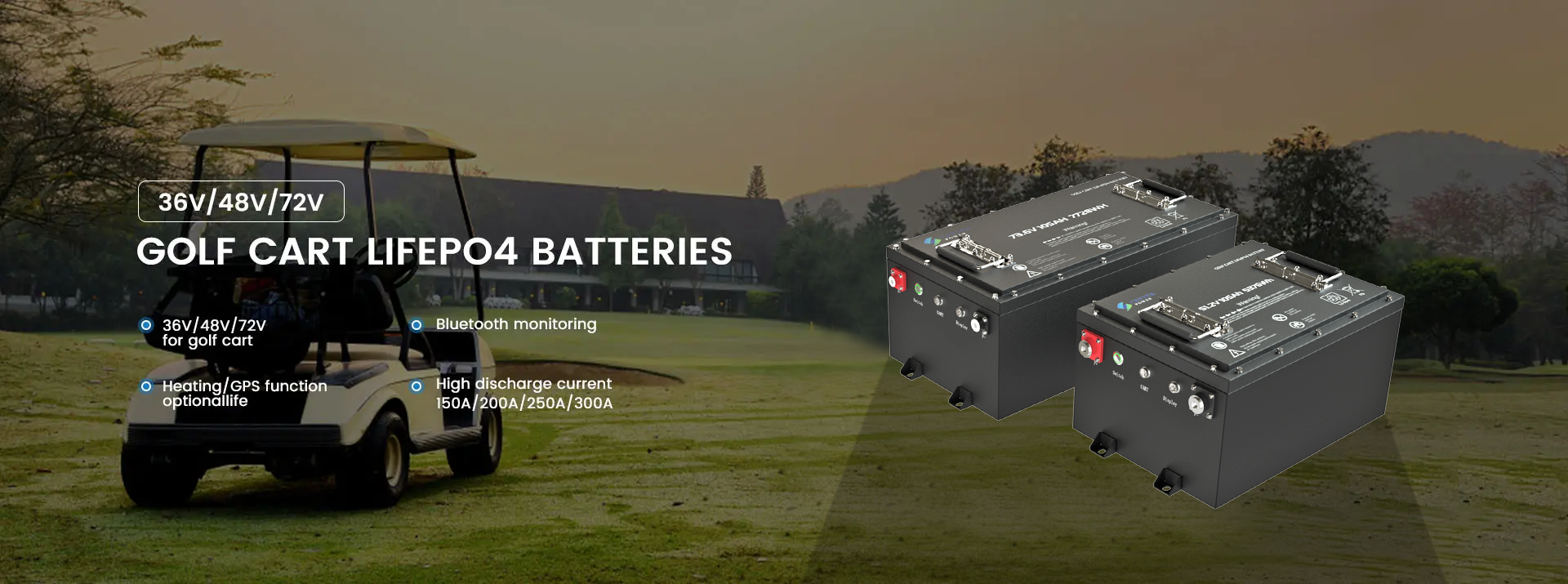Yes, deep cycle marine batteries can be used for solar applications, but their suitability depends on the specific requirements of your solar system and the type of marine battery. Here's an overview of their pros and cons for solar use:
Why Deep Cycle Marine Batteries Work for Solar
Deep cycle marine batteries are designed to provide sustained power over time, making them a reasonable option for solar energy storage. Here's why they might work:
1. Depth of Discharge (DoD)
- Deep cycle batteries can handle frequent charging and discharging cycles better than standard car batteries, which makes them suitable for solar systems where consistent energy cycling is expected.
2. Versatility
- Marine batteries can often function in dual roles (starting and deep cycle), but primarily deep cycle versions are preferable for solar storage.
3. Availability and Cost
- Marine batteries are widely available and are usually more affordable upfront compared to specialized solar batteries.
4. Portability and Durability
- Designed for marine environments, they are often rugged and can handle movement, making them a practical choice for mobile solar setups (e.g., RVs, boats).
Limitations of Marine Batteries for Solar
While they can be used, marine batteries aren't specifically designed for solar applications and may not perform as efficiently as other options:
1. Limited Lifespan
- Marine batteries, especially lead-acid varieties, typically have shorter lifespans compared to LiFePO4 (lithium iron phosphate) batteries when used in solar applications.
2. Efficiency and Depth of Discharge
- Lead-acid marine batteries shouldn't be discharged beyond 50% of their capacity regularly, limiting their usable energy compared to lithium batteries, which can often handle 80-100% DoD.
3. Maintenance Requirements
- Many marine batteries (like flooded lead-acid) require regular maintenance, such as topping up water levels, which can be inconvenient.
4. Weight and Size
- Lead-acid marine batteries are heavier and bulkier compared to lithium options, which can be an issue in space-constrained or weight-sensitive setups.
5. Charging Speed
- Marine batteries generally charge slower than lithium batteries, which can be a drawback if you rely on limited sunlight hours for charging.
Best Types of Marine Batteries for Solar
If you're considering marine batteries for solar use, the type of battery is crucial:
- AGM (Absorbed Glass Mat): Maintenance-free, durable, and more efficient than flooded lead-acid batteries. A good choice for solar systems.
- Gel Batteries: Good for solar applications but may charge slower.
- Flooded Lead-Acid: Cheapest option but requires maintenance and is less efficient.
- Lithium (LiFePO4): Some marine lithium batteries are excellent for solar systems, offering longer lifespan, faster charging, higher DoD, and lower weight.
Are They the Best Option for Solar?
- Short-Term or Budget-Conscious Use: Deep cycle marine batteries can be a good solution for small or temporary solar setups.
- Long-Term Efficiency: For larger or more permanent solar systems, dedicated solar batteries like lithium-ion or LiFePO4 batteries offer better performance, lifespan, and efficiency despite higher upfront costs.

Post time: Nov-21-2024





